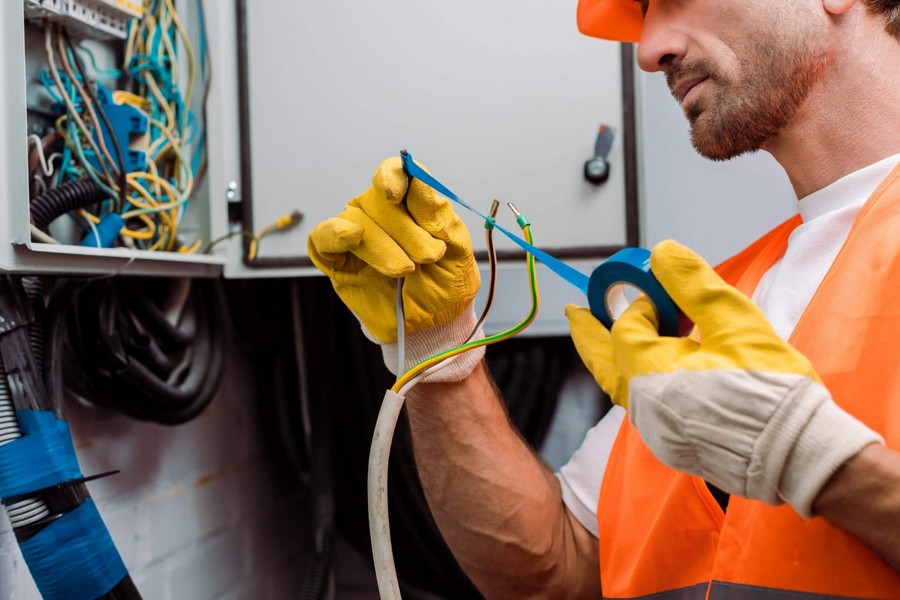Among the primary reasons as to why so many expats have chosen to reside within the UAE region is because of tax free life which is offered by the country’s taxation system. However, the UAE has implemented a value-added tax, an import tax, and now a corporate tax. However, as long as it was not earned through running a business, so the tax is not levied upon the money held by an individual. It also goes without saying that salary amount is free from taxation too. this announcement, many tax consulting firms are more active.
As a company expands, it’s critical to comprehend local tax regulations. As UAE’s rapid economic and political development over the last few decades, their tax rules have also changed. Most owners of business enterprises in the region have no understanding of the region has no understanding of the tax rules that govern them, which can result in tax penalties imposed on unwary firms and people that might otherwise be eligible to receive rebates or incentives.
Personal Income Tax
Because of UAE’s absence of a revenue tax on personal income, individuals do not require to file a return of earnings.
VAT
Value-added tax, or VAT, refers to the expenditure tax imposed on all consumer sales in the United Arab Emirates. In general, a 5% VAT rate is imposed on both goods and services. An organization has to file for VAT if it imports products or produces taxable supplies totaling more than AED 375, 000 in a given year. Businesses must maintain accurate records of their sales and purchases and timely submit their VAT returns.
Business Tax
Just energy and banking companies are currently liable for UAE corporate taxes. Beginning on June 1st, 2023, corporation taxes will apply to all other businesses.
Real Estate Transfer Tax
In the UAE, real estate transfers incur both municipal fees and a real estate tax (RET). The Dubai Land Office (DLD) collects the RET, but the Dubai Municipality (DM) collects the Municipal Charge. Both taxes are calculated based on the property’s transfer value, with different rates being applied to residences and commercial properties.
If you are looking for VAT registration Dubai, contact tax consulting firms.

Biker, hustler, fender owner, reclaimed wood collector and critical graphic designer. Performing at the crossroads of minimalism and computer science to save the world from bad design. I prefer clear logic to decoration.



